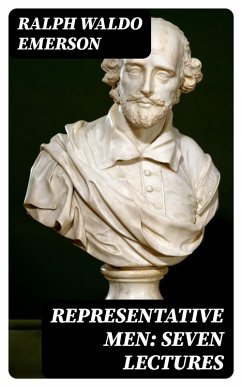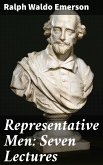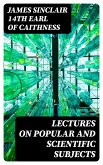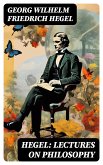In "Representative Men: Seven Lectures," Ralph Waldo Emerson presents a profound exploration of the key figures that embody the intellectual and cultural trajectories of his time. Comprising seven essays, each dedicated to a notable luminary-such as Plato, Swedenborg, and Napoleon-Emerson employs a reflective and philosophical style that melds transcendentalist ideals with biographical analysis. His work reflects the broader literary context of 19th-century America, as Emerson seeks to identify the archetypal characteristics of genius and character that shape societal ideals. The erudite prose challenges readers to contemplate the essence of individuality and the moral responsibilities of leadership, thus engaging with the timeless quest for authenticity in personal and communal life. Emerson, a central figure in the American transcendentalist movement, drew upon his extensive knowledge of literature, philosophy, and natural sciences to crafting this work. His background as a minister and his experiences in the intellectual circles of Europe and the United States profoundly influenced his thoughts on the nature of greatness and the role of exemplary figures in shaping human thought. Through "Representative Men," he articulates the interconnectedness of individual potential and collective identity, providing a framework for understanding influence and legacy. This seminal work is essential for readers interested in philosophy, literary theory, and American intellectual history. Emerson's incisive observations resonate deeply, offering insights that remain relevant in contemporary discourse on leadership and moral character. "Representative Men" is an invitation to engage with the complexities of human nature and the ideals that guide us, making it a vital addition to any scholarly library.
Dieser Download kann aus rechtlichen Gründen nur mit Rechnungsadresse in A, B, BG, CY, CZ, D, DK, EW, E, FIN, F, GR, H, IRL, I, LT, L, LR, M, NL, PL, P, R, S, SLO, SK ausgeliefert werden.









